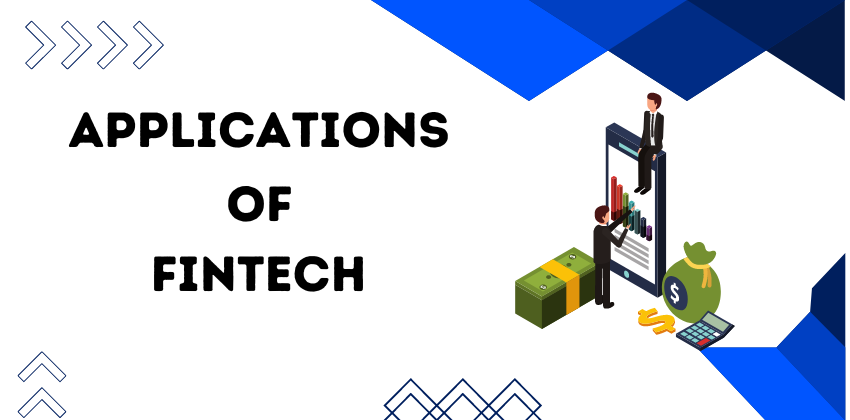
Fintech, short for financial technologies, is the fusion of finance and technology. It’s a term used by banks and financial service companies to improve their operations and offer better services to customers. Fintech involves tools like software and apps that allow businesses to provide advanced and contactless services, shaking up traditional financial processes. These tools simplify complex financial decisions, causing significant changes in the banking industry.
In recent years, fintech has transformed how banks and financial services work globally. It has made things much easier for both customers and banking authorities. Regarding technology, we mean online transactions, internet banking, banking apps, and online stock trading. The impact of technology is massive in today’s economy. Many data are available, from phone activity and social media use to online shopping. This data, especially when harnessed through big data and data science, has made impressive changes in the banking and financial sectors.
Fintech is used for various crucial financial tasks, including digital payments, investing, wealth management, lending, trading, and personal banking. Fintech apps work by focusing on aspects like personalization, integration, security, and data analysis.
Electronic Payments - Electronic Payments have become an integral part of modern financial technology (fintech) applications, reshaping how people handle their money and transactions. Consumers increasingly turn to convenient and secure payment methods in today’s fast-paced world, moving away from traditional credit cards and cash transactions. Mobile wallets and digital banking are two significant fintech applications that have revolutionized how people manage their finances.
Mobile wallets are digital platforms that allow users to store payment information on their smartphones securely. These wallets are virtual containers for credit card information, debit card details, and loyalty cards. One of the primary advantages of mobile wallets is convenience. Users can leave their physical wallets at home and carry out smartphone transactions. Digital banking, or online or internet banking, allows individuals to access and manage their financial accounts through digital platforms like websites or mobile apps. It offers a wide range of services, including transferring funds between accounts, paying bills, checking account balances, and even applying for loans, all without the need to visit a bank branch.
Digital Lending - Fintech has transformed the lending landscape by making applying for loans more convenient and accessible through mobile devices. People worldwide can now submit loan applications using their smartphones, eliminating the need for lengthy paperwork and visits to physical bank branches. One of the critical benefits of fintech-powered lending is its ability to expand credit to individuals previously considered non-affordable or underserved by traditional banks. This is achieved by incorporating new data points and advanced risk assessment models. Fintech companies analyze a broader range of information, including digital footprints, transaction history, and online behavior, to evaluate a borrower’s creditworthiness more accurately.
Online Trading - The advent of online trading apps has revolutionized how individuals participate in financial markets. With an internet and a smartphone, anyone can engage in trading activities and assess market risks in real-time. Online trading platforms provide users real-time data, insights, and tools to make informed investment decisions. These apps offer features like stock market analysis, portfolio tracking, and customizable alerts, empowering individuals to manage their investments independently. Additionally, these platforms often offer fractional investing, allowing users to invest in fractional shares of expensive stocks, making the market more accessible to those with limited capital.
Two-Factor Authentication - Trust and security are paramount in fintech applications due to the sensitive nature of financial matters. Consumers are understandably cautious when adopting new apps, especially involving financial transactions.
One of the most effective security measures used in fintech applications is two-factor authentication (2FA). This adds an extra layer of protection beyond a password. Users must provide a second verification form when they log in or initiate a transaction. This could be something they have (like a smartphone) or something they are (like a fingerprint). The third-party service such as Google Authenticator or Digi Pass can generate time-sensitive codes that the user needs to enter along with their password. Alternatively, some services send a verification code via SMS to the user’s registered mobile phone.
Conclusion - In conclusion, fintech applications represent the fusion of finance and technology, transforming banking and financial services. Fintech simplifies complex financial tasks through software and apps, improving customer experiences and disrupting traditional processes. Electronic payments, digital lending, online trading, and enhanced security through two-factor authentication are prominent examples of how fintech reshapes the financial landscape. These applications provide convenience, accessibility, and security, guiding in a new era of financial innovation that empowers individuals and institutions alike.